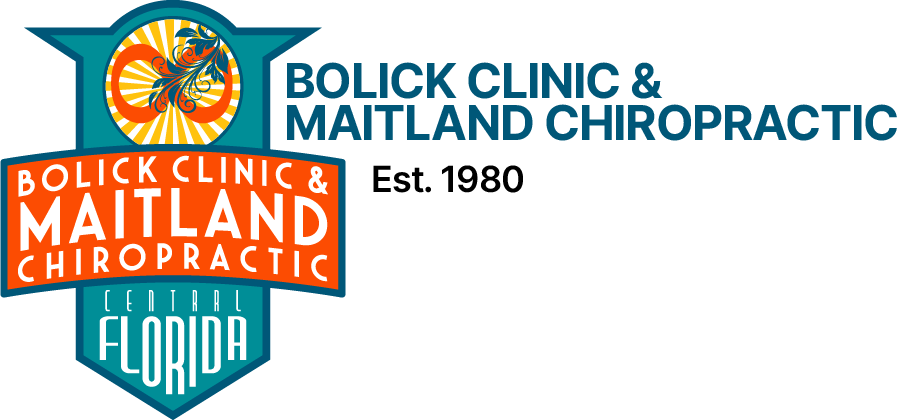What are the DOT physical blood pressure requirements?
Here are the medical guidelines according to the Federal Motor Carrier Safety Regulations (FMCSRs). Note that employers are allowed to impose more stringent medical requirements. (FMCSA Rules and Regulations: Part 391.41)
A driver with a BP of less than 140 systolic and less than 90 diastolic may be medically certified to drive for a two-year period.
A driver with a BP of 140 – 159 systolic and /or a BP of 90-99 diastolic, has stage 1 hypertension, and may be medically certified to drive for a one-year period (if not taking blood pressure medication). Certification examinations should be done annually thereafter and should be less than 140/90.
A driver taking blood pressure medication his or her blood pressure must be less than or equal to 140/90 to be medically certified to drive for a one-year period.
A driver with a BP of 160-179 systolic and/or a BP of 100-109 diastolic, has stage 2 hypertension, and is a candidate for antihypertensive drug therapy. The driver is given a one-time certification of three months to reduce his or her blood pressure to less than or equal to 140/90. Provided treatment is well tolerated and the driver demonstrates a BP value of less than 140/90, he or she may be re-certified for one year from the date of the initial exam. The driver is certified annually thereafter.
A driver with a BP at or greater than 180 systolic and / or 110 diastolic has stage 3 hypertension and is disqualified. The driver may not be qualified, even temporarily, until blood pressure is less than 140/90 and treatment is well tolerated. The driver may be certified for 6 months and biannually (every 6 months) thereafter if at recheck BP is less than 140/90.
Drivers with Type 1 or Type 2 diabetes or kidney disease require treatment if their blood pressure rises above 140/90, since they already have a high risk of heart disease.
What if I’m on blood pressure medication?
How to Lower Your Blood Pressure to Pass a DOT Physical
If your blood pressure is high, the best thing to do is take immediate action to lower your blood pressure for your well-being so you can continue doing your job as a commercial truck driver.
There are several ways to lower your blood pressure to allow you to pass the DOT physical. Keep in mind that many are not quick fixes.
- Lose unnecessary pounds: Being overweight can cause all sorts of health issues and nearly always leads to increased blood pressure. Even losing a little will help reduce your
blood pressure as your heart won’t have to work so hard to pump blood around your body. - Exercise regularly: Even as little as 20 minutes of dedicated walking every day can make a real difference, lowering your blood pressure by up to 8 points (mm Hg).
Commercial drivers often don’t get time to get to the gym so walking can be important.
Try parking at the back of the lot so you naturally walk a little further when stopping to
eat or shop. - Reduce sodium: Too much sodium will push up your blood pressure. Cut down on salt
and where possible use low sodium alternatives. - Eat healthily: That doesn’t mean just vegetables, lean protein (meat) is great too. It is so
easy to get fast food but they tend to be loaded with sugar and salt. And cut out sugary drinks and go to the low-carb alternatives. - Limit your alcohol: A little can be good for lowering your blood pressure but too much
will raise it. By a little we are talking a small glass of beer or wine, so stay aware. - Stop smoking: Apart from other health problems it can cause, smoking does increase your blood pressure for a period after you smoke. At the very least, don’t smoke before
you take the DOT physical. - Reduce stress: Learn to relax. Practice breathing exercises and avoid stress triggers.
- Buy a blood pressure monitor: They are inexpensive and allow you to monitor
regularly what your blood pressure is and if it changes. - Talk to your doctor about medication: This is a good idea even if you plan to make lifestyle changes, especially if your blood pressure is dangerously high. Lifestyle changes can take a while to lower your blood pressure, so you may need less blood pressure medication as your health improves.
- Take your medication: If you’ve been prescribed blood pressure medication, then take it every day exactly as it’s prescribed.

